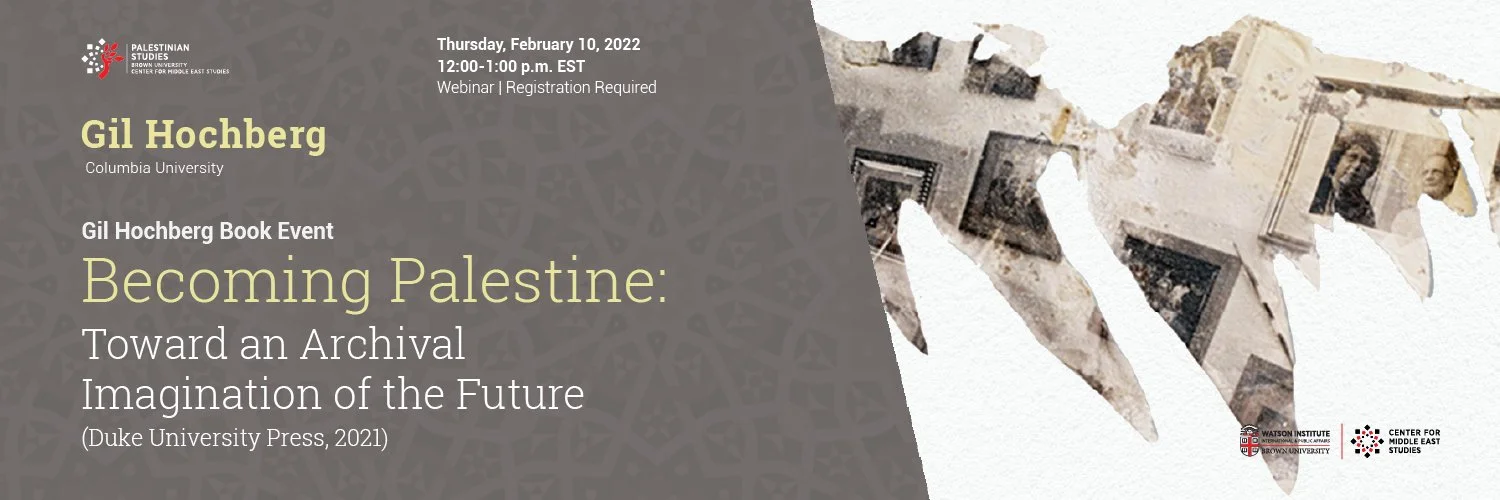The Cunning of Gender Violence: Geopolitics and Feminism
FRIDAY
25 Feb 2022
12-1:30pm EST
Join the Center for Middle East Studies at Brown University for a seminar with Lila Abu-Lughod, Rema Hammami and Nadera Shalhoub-Kevorkian.
Over the course of two decades, violence against women (VAW) and subsequently, gender-based violence (GBV) have emerged as powerful agendas within international governance and law, increasingly folded into state sovereignty and global security. What was once a marginalized and silenced feminist concern around the urgency of addressing gender violence, now sits firmly at the nexus of powerful global networks of institutions and practices that have recast governmentality, development, humanitarianism, and even human rights, in line with post-9/11 global security regimes. How did this happen? What are the politics, ideologies, and geographies of this feminist agenda? What are the modes and channels of operation of the master category of GBVAW as both a technology and apparatus of rule? And most urgently for feminists, what effects is this convergence on GBVAW having on those who are the subjects of violence, experiencing it inscribed on their bodies, psyches, lives, and relationships, whether through silence or hypervisibility?
This seminar is based on the findings of a three-year collaborative research project between feminist scholars of the Middle East and South Asia that explored these questions across a range of intersecting local, national, and global contexts, in the process uncovering the ways in which religion and racialized ethnicity, particularly “the Muslim question,” run deeply through the international governance structures of GBVAW, even when insistently disavowed.
The three seminar speakers are co-editors and contributors of chapters to the forthcoming book (Duke University Press, 2022) that is the outcome of this collaboration.
Panelists
Lila Abu-Lughod is the Joseph L. Buttenwieser Professor of Social Science at Columbia University where she teaches in the Department of Anthropology and at the Institute for Research on Women, Gender, and Sexuality.
Rema Hammami is a founding member of the Institute of Women’s Studies at Birzeit University where she is an Associate Professor of Anthropology. She is the Spring 2022 Visiting Fellow in Palestinian Studies at Brown University.
Nadera Shalhoub Kevorkian is the Lawrence D. Biele Chair in Law at the Faculty of Law-Institute of Criminology and the School of Social Work and Public Welfare at the Hebrew University of Jerusalem and the Global Chair in Law- Queen Mary University of London



